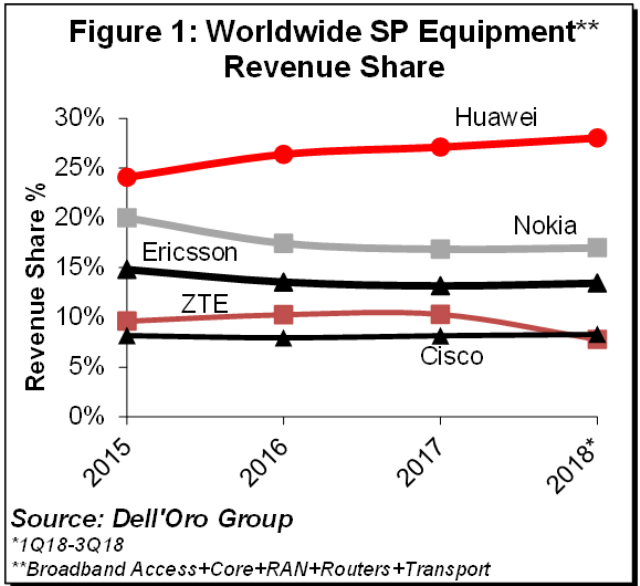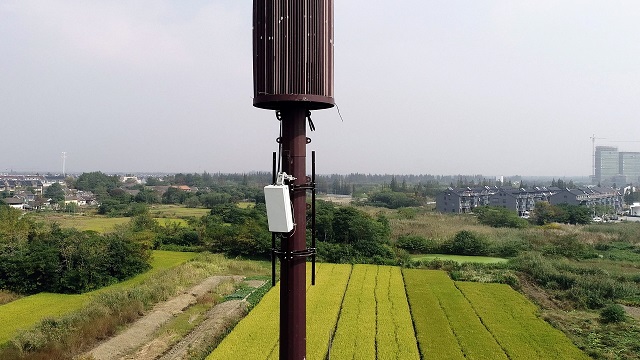Millions of mobile phone customers across the globe are likely to face network issues from mobile service providers if Huawei is unable to source components for its existing and future telecom network.
 Huawei is the largest telecom equipment supplier and one of the leading managed service providers to mobile operators. Huawei needs special permission from the Federal government to source components from American technology companies as per the latest development in the U.S.
Huawei is the largest telecom equipment supplier and one of the leading managed service providers to mobile operators. Huawei needs special permission from the Federal government to source components from American technology companies as per the latest development in the U.S.
Lack of components will result into a situation where Huawei will not be able to maintain its existing services to its global telecom operator clients. In addition, Huawei will be forced to slow down the manufacturing and supply of network for clients.
Telecom operator customers of ZTE, the smaller rival of Huawei, had faced network quality issues when the United Stated had blocked the supply of components to the China based tech company as part of the sanctions. Some of the telecom operators have openly expressed their inconvenience as well.
But the Donald Trump administration is assisting local small operator customers of Huawei for the time being. Big operators such as AT&T, Verizon, T-Mobile and Sprint have already stopped sourcing network from Huawei.
The U.S. Commerce Department said on Friday it may scale back restrictions on Huawei Technologies after this week’s blacklisting would have made it nearly impossible for the Chinese company to service its existing customers, Reuters reported.

The Commerce Department, which had effectively halted Huawei’s ability to buy American-made parts and components, is considering issuing a temporary general license to prevent the interruption of existing network operations and equipment.
Potential beneficiaries of the license could include internet access and mobile phone service providers in thinly populated places such as Wyoming and eastern Oregon that purchased network equipment from Huawei in recent years.
In effect, the Commerce Department would allow Huawei to purchase U.S. goods so it can help existing customers maintain the reliability of networks and equipment, but the Chinese firm still would not be allowed to buy American parts and components to manufacture new products.
Huawei has spent $70 billion for buying components in 2018. Out of this, some $11 billion went to U.S. firms including Qualcomm, Intel and Micron Technology.
If the Commerce Department issues the license, U.S. suppliers would need separate licenses to conduct new business with Huawei, which would be difficult to obtain, the spokeswoman of the Commerce Department said.
The temporary general license would last for 90 days, she said, and would be posted in the Federal Register, just as the rule adding Huawei to the entity list will be published in the government publication on Tuesday.
The entity listing bans Huawei and 68 affiliates in 26 countries from buying American-made goods and technology without licenses that would likely be denied.
Supply hit
Nikkei reported that Huawei asked its chipmakers in Asia to maintain supply after the U.S. decided to curb the telecom giant’s access to American technology.
Taiwan Semiconductor Manufacturing (TSMC) said it will maintain supplies for the time being even though it was assessing the impact of Washington’s decision.
Innolux, which supplies screen to Huawei, said it will have an impact.
U.S. chipmakers such as Qualcomm and Qorvo suspended shipments on Friday, while other U.S. companies are set to follow suit as the restrictions take effect.
Baburajan K
